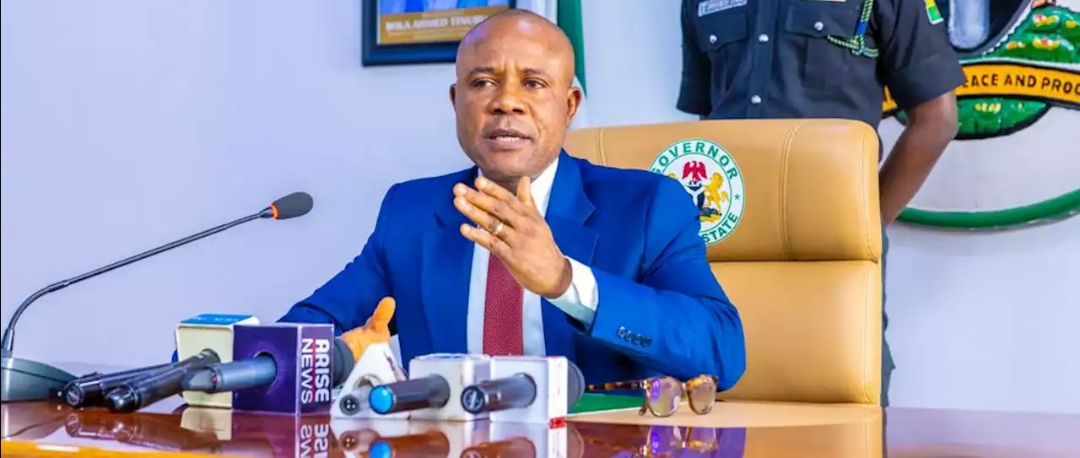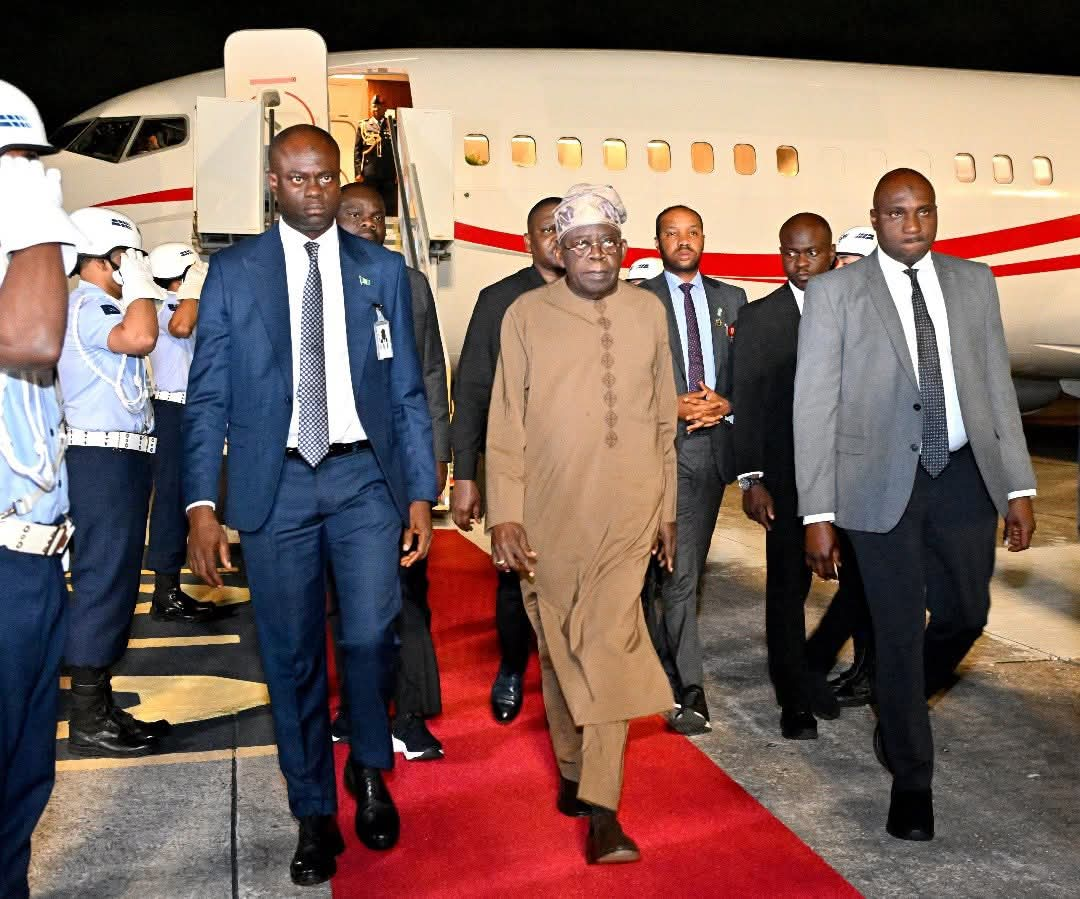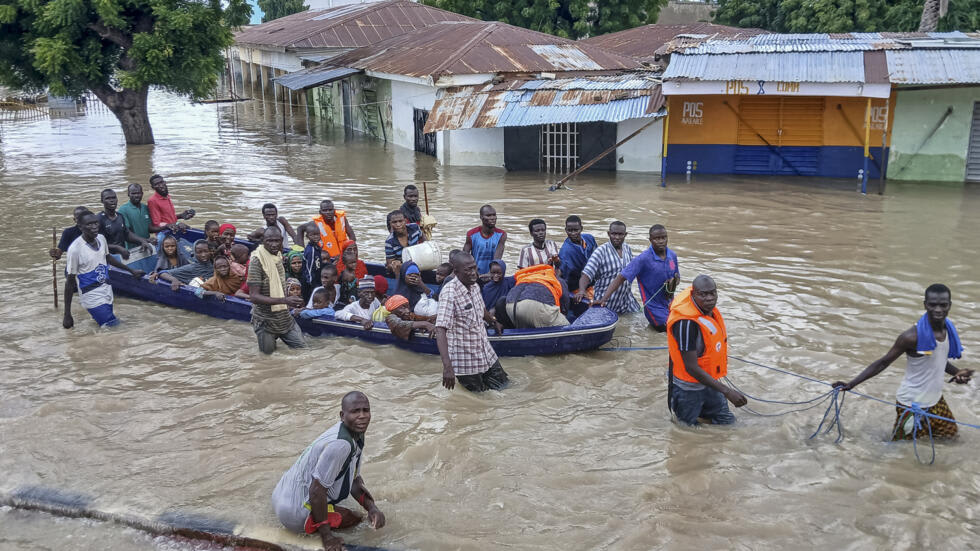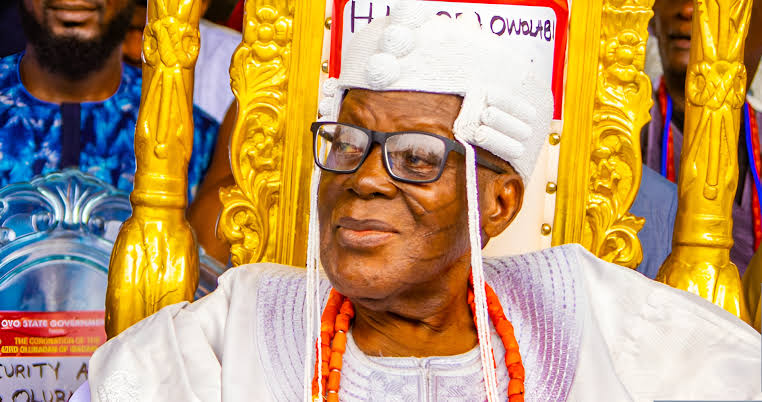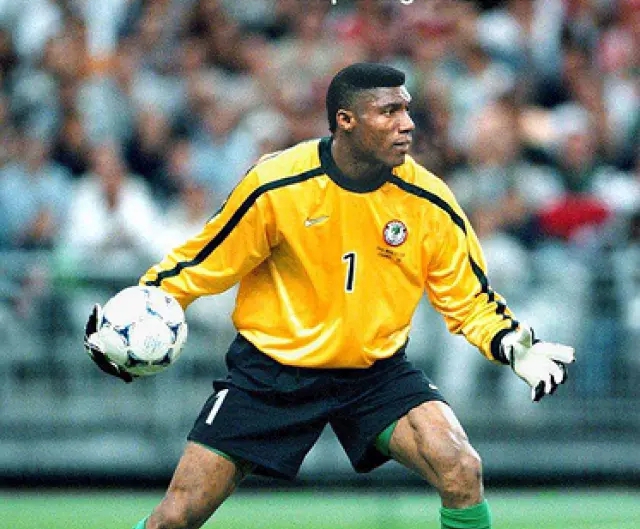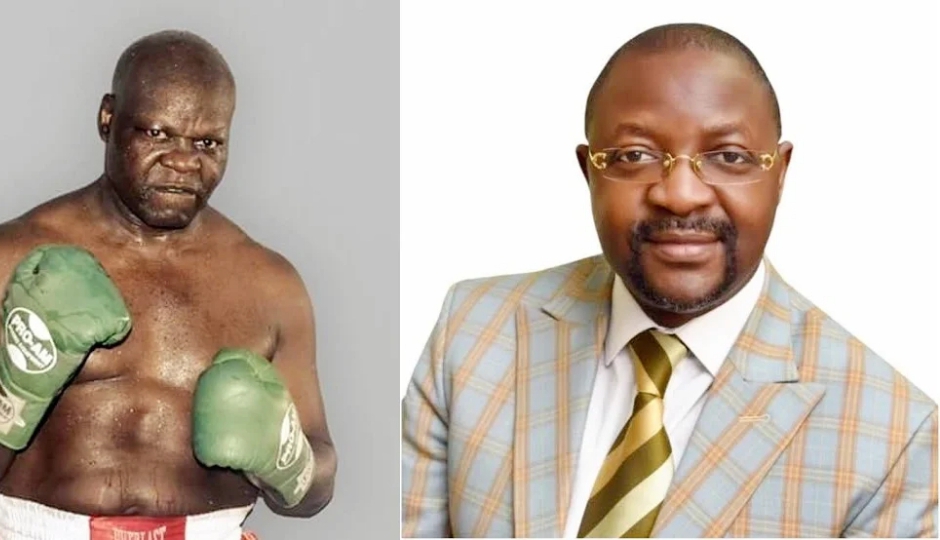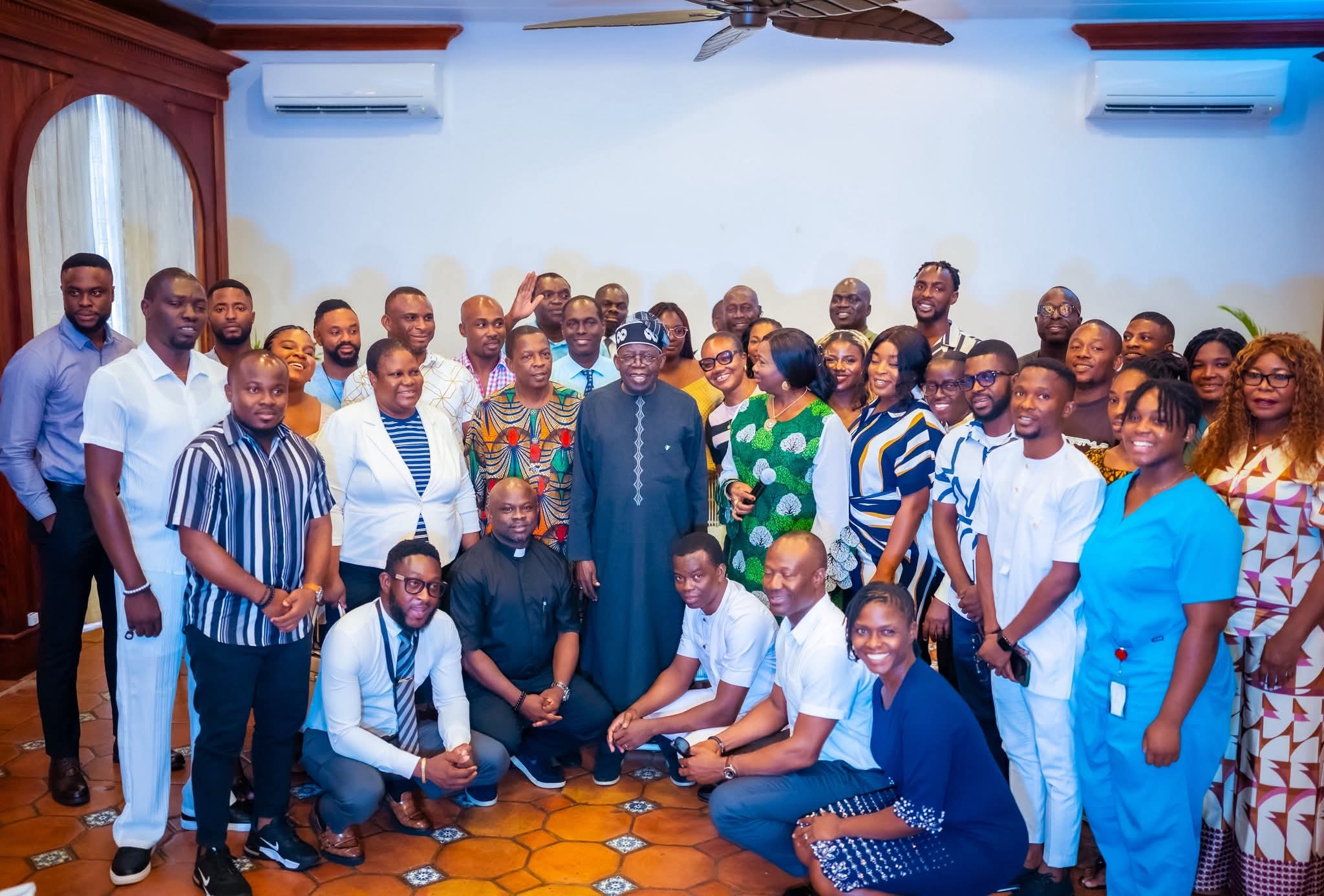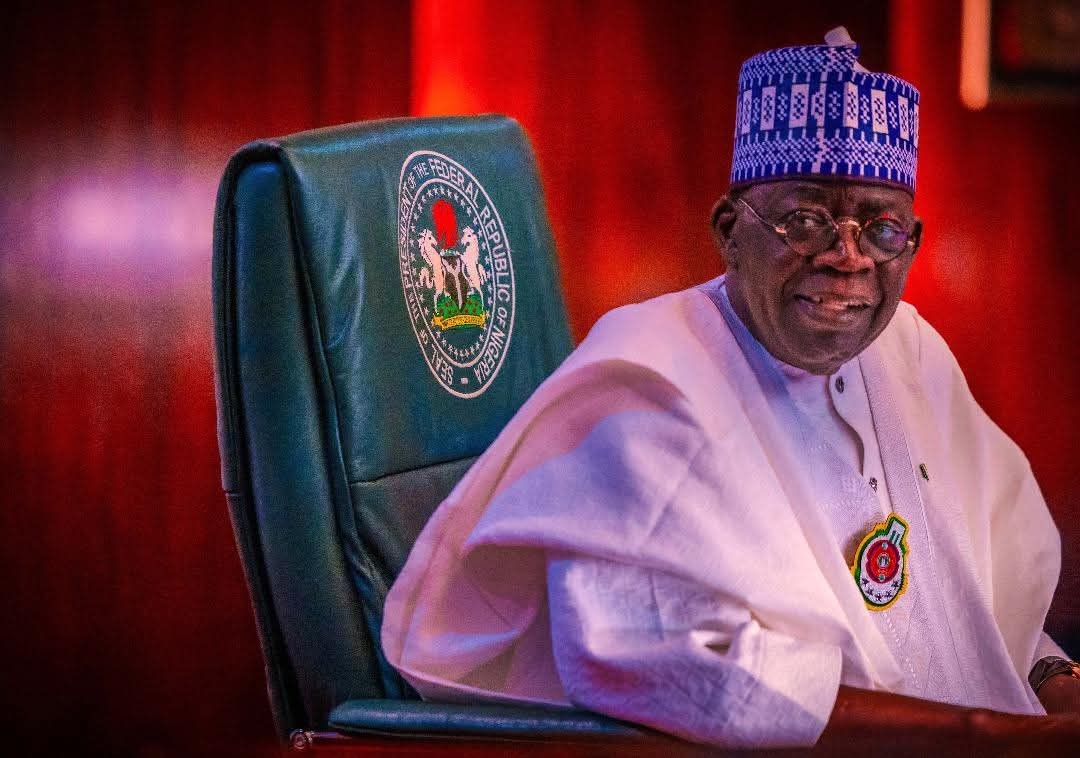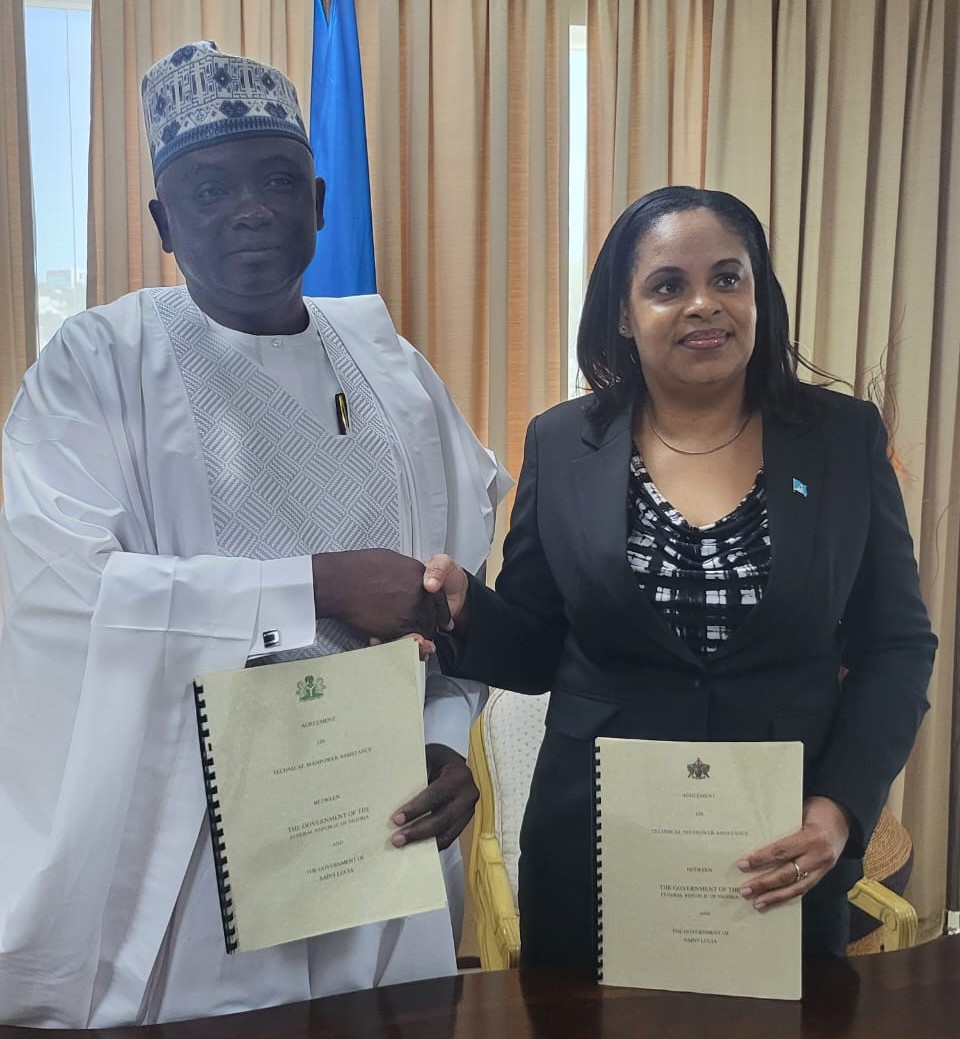Journalists must hold leaders accountable to safeguard democracy—Mbah
By Muhyideen Jimoh
Gov. Peter Mbah of Enugu State has emphasised the vital role of journalists in safeguarding democracy by holding leaders accountable at all times.
Mbah made the call on Friday at a two-day capacity retreat for members of the State House Press Corps (SHPC) in Enugu.
Represented by Prof. Sam Ugwu, Commissioner for Environment and Climate Change, Mbah described the media as the nation’s conscience.
“As a bastion of democracy, it is essential that journalists must never lose sight of their sacred responsibility to hold leaders accountable and strengthen institutions.”
“In today’s world, where truth is increasingly under assault, your role has never been more critical,” he said.
Speaking on the workshop theme, “Artificial Intelligence Utilisation for Effective Journalism,” Mbah advocated for ethical and responsible journalism.
He urged journalists to embrace AI as a powerful tool, while staying grounded in journalistic integrity.
“Artificial Intelligence is not the next frontier; it is actually with us now and impacting our lives in ways we may not immediately discern.”
“We miss the point if we simply view Artificial Intelligence through the lens of conspiracy theories and fear: that it will lead to job losses, overwhelm humanity, etc.”
“We should rather see Artificial Intelligence as a tool that can make us work smarter,” he said.
Mbah also highlighted technology-driven reforms by his administration, including a Command and Control Centre for security surveillance and a smart school initiative.
Earlier, SHPC Chairman, Anule Emmanuel, lauded the governor for his visionary leadership and hospitality.
“As journalists covering the seat of power, we operate in a highly sensitive environment.”
”This retreat offers us a valuable opportunity to refresh our skills and reposition ourselves for impactful and responsible journalism in the age of AI,” he said.
The News Agency of Nigeria (NAN) reports that the retreat was attended by SHPC members media strategists, tech experts, and government officials. (NAN)(www.nannews.ng)
Edited by Sadiya Hamza




